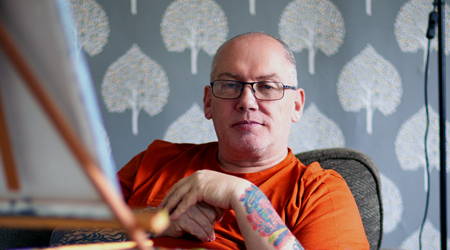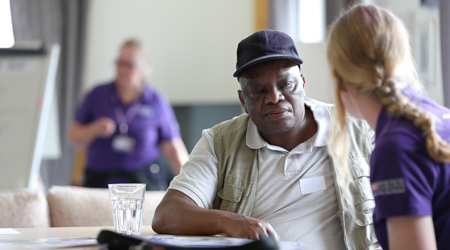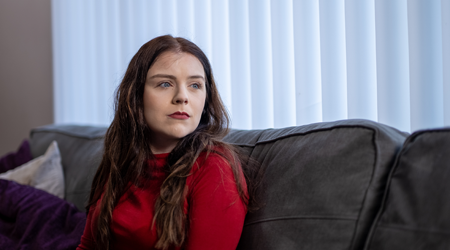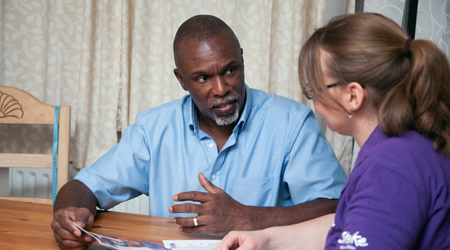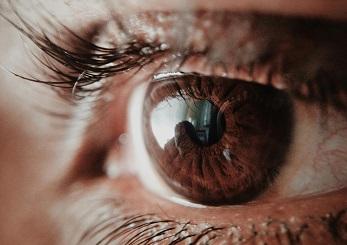All strokes are different. For some people the effects may be relatively minor and may not last long, while others may be left with more serious long-term problems.
Useful pages
Locked-in syndrome after brain stem stroke
A stroke in the brain stem can cause the very rare condition locked-in syndrome, where the person is conscious but unable to move apart from their eyes.
Neuroplasticity: re-wiring the brain
Your brain has the ability to re-wire itself, allowing you to improve skills such as walking, talking and using your affected arm. This process is known as neuroplasticity.
Sex and relationships
A stroke affects everyone around you. It can put a strain on relationships and can also affect your sex life. Find out what you can do to help you cope with the impact.
What is vascular dementia?
Vascular dementia is linked to stroke. Learn how it happens, and what treatment and support is available.
Our publications
Find detailed health information leaflets on a range of stroke related topics including physiotherapy and Atrial Fibrilation (AF).

